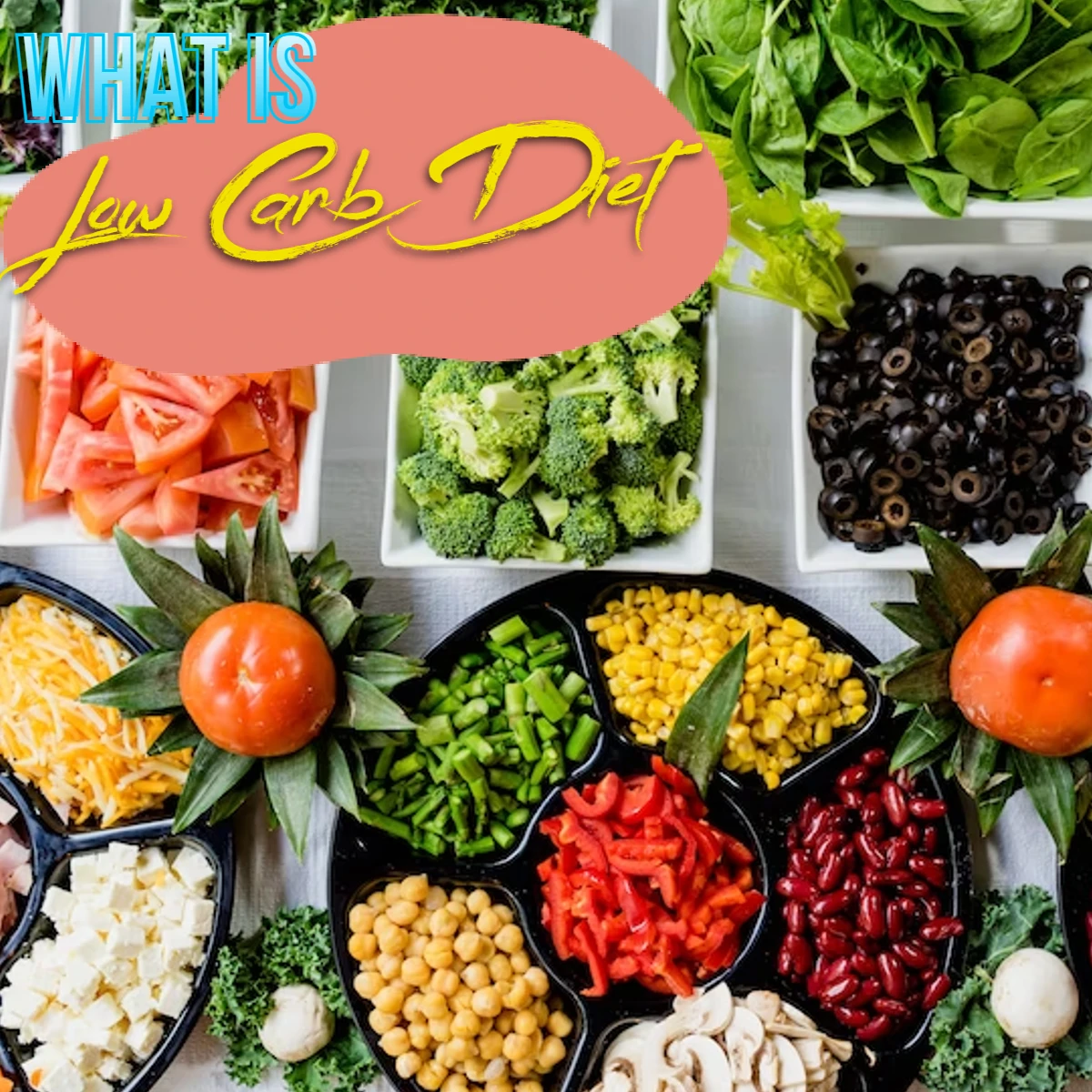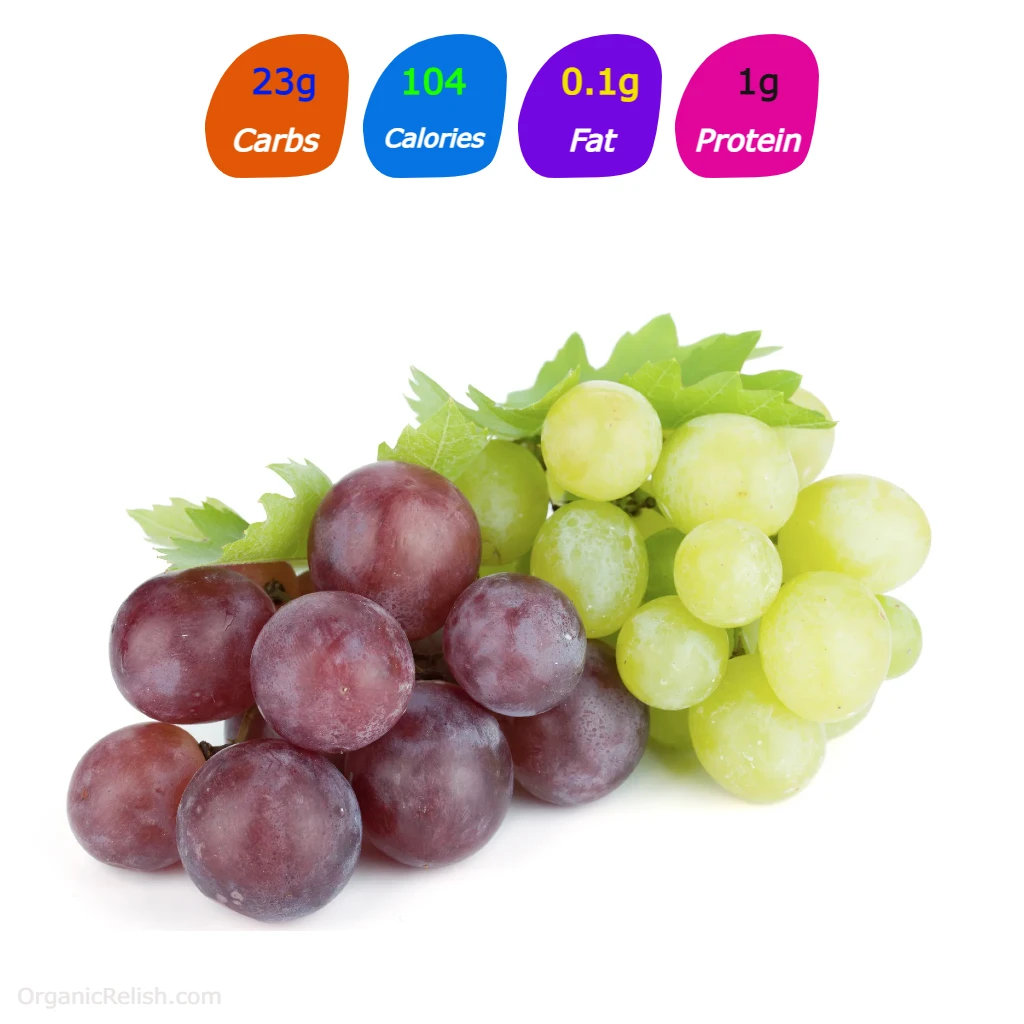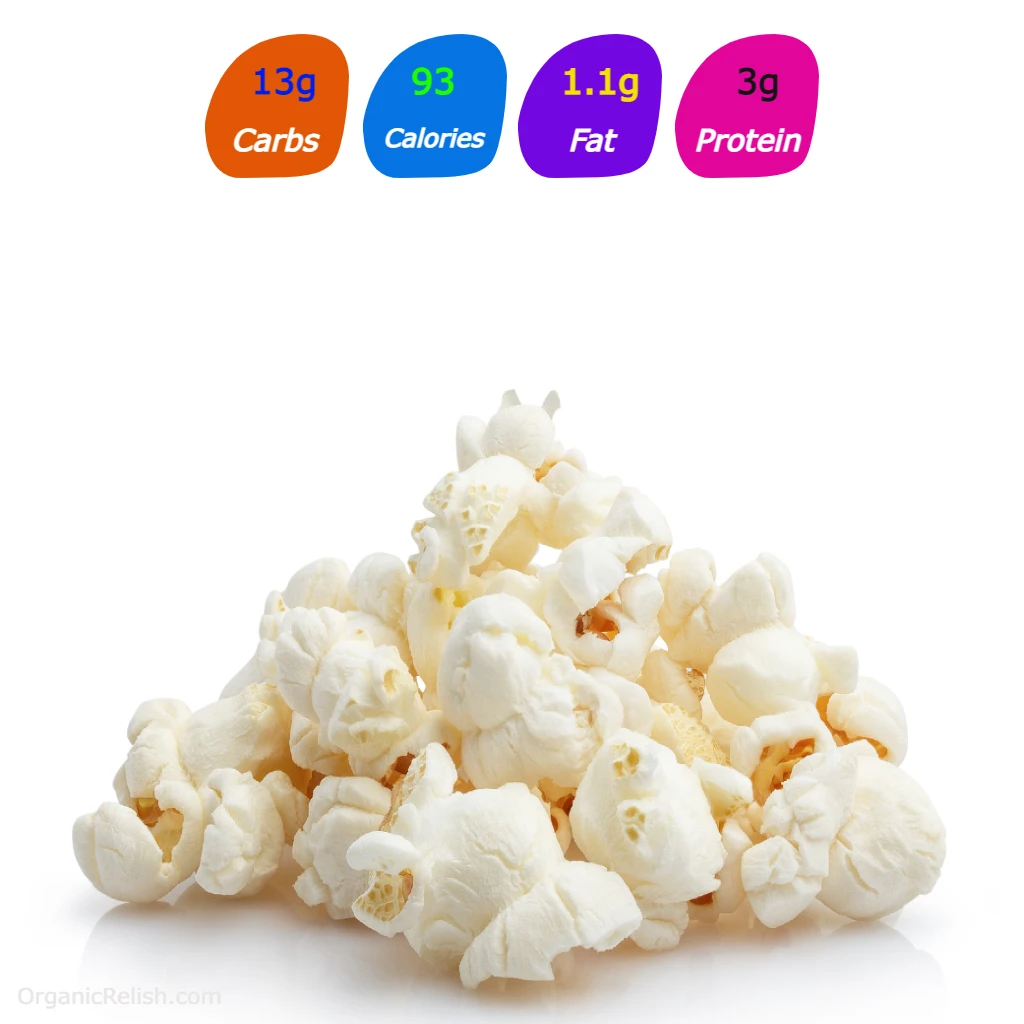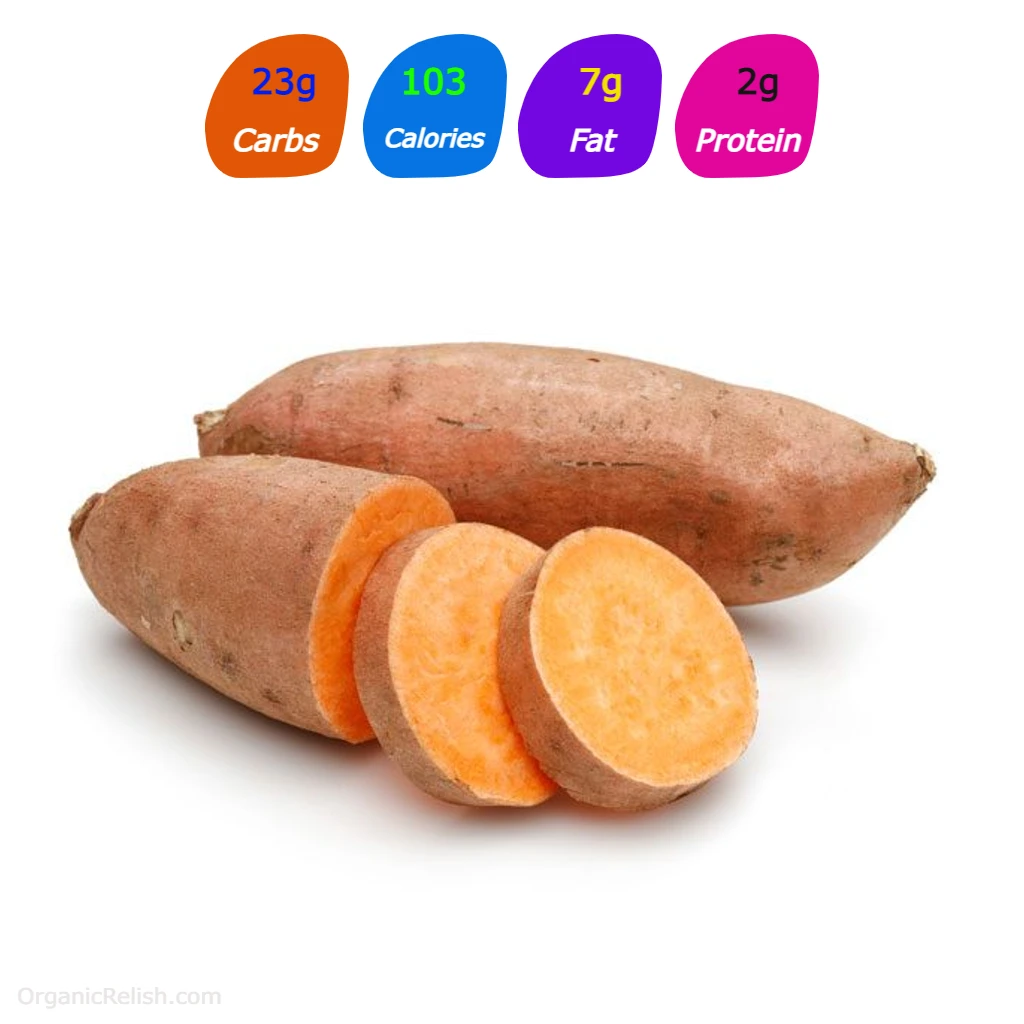How many Carbs in Cucumbers?
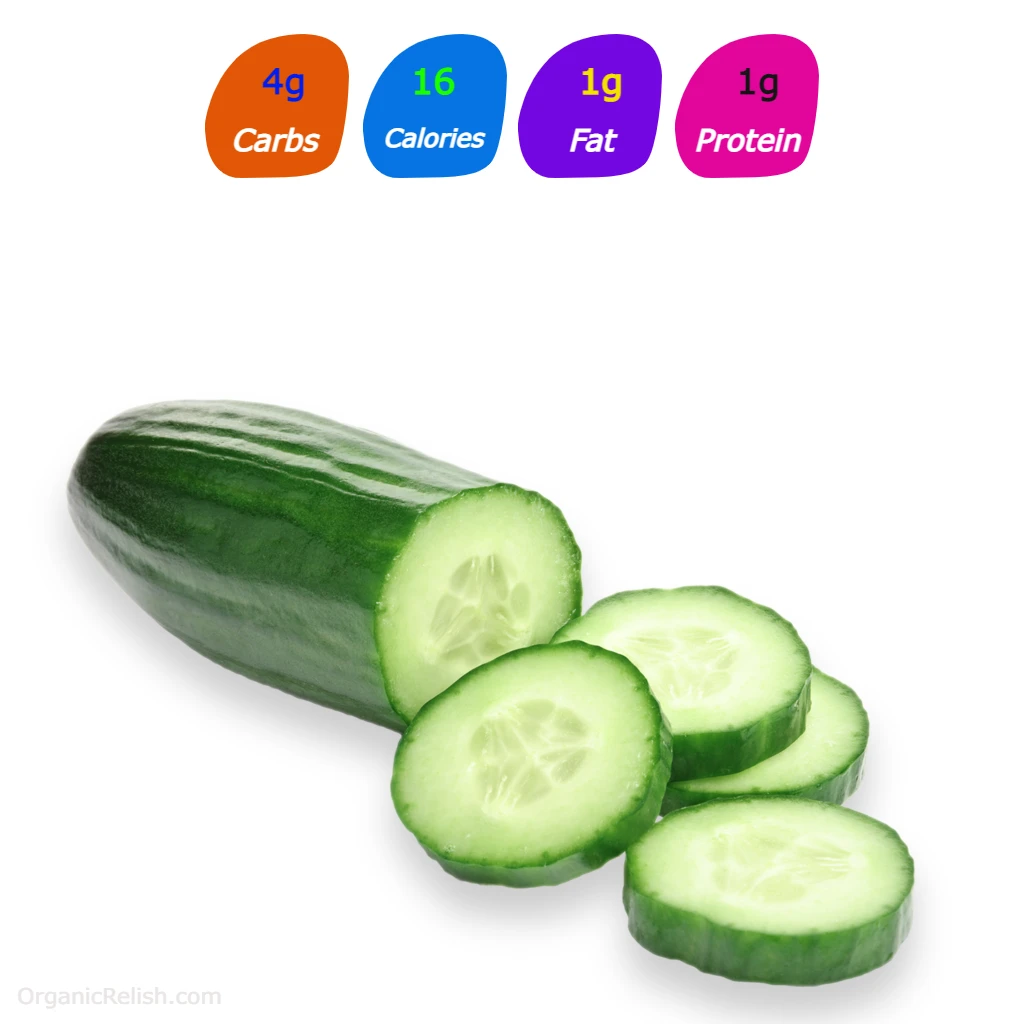
Cucumbers are a low-carb vegetable, with about 4 grams of carbs per cup (approx. 52 grams) of sliced cucumbers. The majority of the carbs in cucumbers come from simple sugars, such as fructose and glucose. Cucumbers are also a good source of fiber, with about 1 gram of fiber per cup of sliced cucumbers.
It’s worth noting that the carb content of cucumbers can vary slightly depending on the variety and size of the cucumber. In general, however, cucumbers are a very low-carb food that can be enjoyed as part of a low-carb or ketogenic diet. They are also a good choice for people with diabetes, as they have a low glycemic index and are unlikely to cause significant spikes in blood sugar levels.
Cucumbers Nutrition Facts
Cucumbers are a refreshing and hydrating vegetable that is low in calories and high in nutrients. One cup (approx. 52 grams) of sliced cucumbers contains the following nutrients:
- 16 calories
- 0 grams of fat
- 4 grams of carbs
- 1 gram of protein
- 1 gram of fiber
- 1 gram of sugar
Cucumbers are a good source of vitamin K, with one cup providing approximately 22% of the daily value (DV) based on a 2,000 calorie diet. They also contain small amounts of other essential vitamins and minerals, including vitamin C, potassium, and manganese.
In addition to their nutritional value, cucumbers have a number of potential health benefits. They are rich in antioxidants and have a high water content, which makes them a good choice for hydration and may help to flush out toxins from the body. Cucumbers may also help to reduce inflammation, lower blood pressure, and improve digestion.
Are cucumbers OK on keto?
Yes, cucumbers are generally considered to be suitable for the ketogenic diet. They are low in carbs and high in water content, making them a hydrating and refreshing addition to a keto meal plan.
A typical serving of cucumber (about 1 cup, sliced) contains only about 4 grams of carbs, so it can easily fit into a keto diet that limits carb intake to 20-50 grams per day.
However, it’s important to keep track of your overall carb intake and to make sure that you are getting enough fiber, as well as other nutrients, in your diet. Cucumbers can be eaten raw, in salads, or as a refreshing snack. They can also be used to add crunch and moisture to sandwiches and wraps.
How many carbs is a peel cucumber?
The number of carbs in a peeled cucumber depends on the size of the cucumber. A medium peeled cucumber (about 7 inches long and 2.5 inches in diameter) contains about 2 grams of carbs. A large peeled cucumber (about 10 inches long and 3 inches in diameter) contains about 3 grams of carbs.
It’s important to note that the peel of a cucumber contains a significant amount of fiber, which is a type of carbohydrate that is not completely absorbed by the body and does not have the same effect on blood sugar levels as other carbs. In fact, the peel of a cucumber can contribute up to half of the total fiber content of the cucumber. Therefore, if you are trying to reduce your carb intake on a keto diet, it may be best to leave the peel on your cucumbers, as the peel can help you feel full and satisfied while also providing important nutrients and fiber.
Are cucumbers good for weight loss?
Cucumbers can be a helpful part of a weight loss diet because they are low in calories and high in water and fiber. One cup of sliced cucumbers contains only about 16 calories, making them a low-calorie option for adding crunch and moisture to your meals and snacks.
The high water content of cucumbers can also help to keep you hydrated and feeling full, which may help to reduce your overall food intake. Additionally, the fiber in cucumbers can help to promote feelings of fullness and satisfaction, which may make it easier to stick to a calorie-controlled diet.
However, it’s important to note that while cucumbers can be a healthy addition to a weight loss diet, they are not a magic solution for weight loss. A healthy weight loss diet should include a variety of nutrient-dense foods, and should be balanced with regular physical activity. It’s also important to remember that weight loss is not a linear process and that it may take time and consistency to see results.
Read More:
